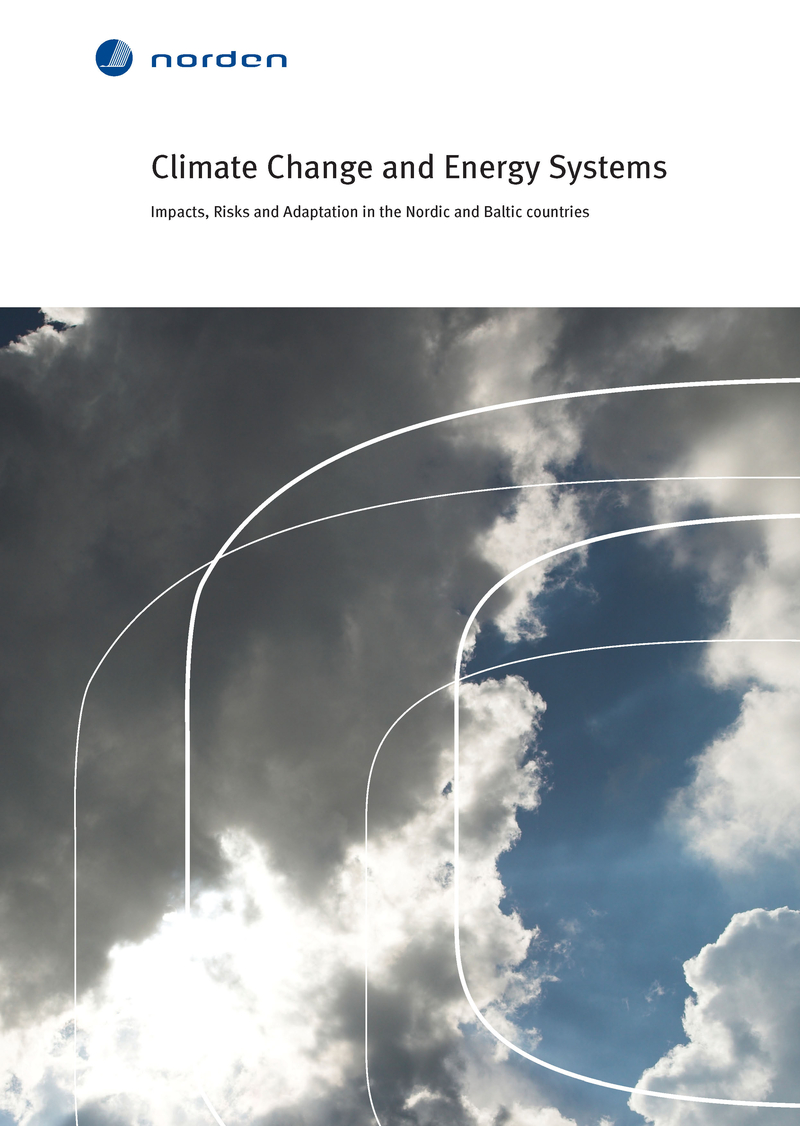Climate Change and Energy Systems
Impacts, Risks and Adaptation in the Nordic and Baltic countries

Information
Udgivelsesdato
Beskrivelse
Renewable energy sources contribute 16% of the global energy consumption and most nations are working to increase the share of renewables in their total energy budget, to reduce the dependence on fossil fuel sources. Most Nordic and Baltic countries have already surpassed the target set for EU countries by 2020, to produce 20% of energy use from renewables like hydropower, solar energy, wind power, bio-energy, ocean power and geothermal energy. This publication presents results from a comprehensive research project that investigated the effects of projected future climate change on hydropower, wind power and bioenergy in the Nordic and Baltic countries, with focus on the period 2020-2050. The research group investigated historical climate, runoff and forest growth data and produced climate scenarios for the region based on global circulation models. The scenarios were used as input in models forecasting changes in glacial meltwater production, basin-wide runoff, mean wind strength, extreme storm and flooding events and energy biomass production. Although the uncertainty in modelling results translates into increased risks for decision-making within the energy sector, the projected climate change is predicted to have a largely positive impact on energy production levels in the region, and energy systems modelling projects increased export of energy to continental Europe by 2020.
Publikationsnummer
2011:502




